
So long as the populations continue to increase, waste generation and its associated problems will remain a serious challenge for governments and environmental management institutions, Mr William Hayfron-Acquah, Chief Programmes Officer, Built Environment, Environmental Protection Agency (EPA), has stated.
Mr Hayfron-Acquah noted, however, that waste could be a valuable resource if properly managed, adding that waste management was a shared responsibility and stressed the need for all stakeholders to work closely together to address it.
He was speaking at the opening of a sensitization and awareness creation workshop on Source Waste Segregation Programme in Accra, yesterday.
Mr Hayfron-Acquah said the Source Waste Segregation Programme, which was launched in November 2013, was a response to the waste generation and its management challenges in Ghana, and a major step in addressing the solid waste menace in the country.
The workshop, organized by the EPA in collaboration with Jekorah Ventures, a waste recycling giant, was intended to create public awareness on waste management and the need for a clean environment for a healthy population.
About thirty participants comprising the heads of first and second cycle schools in the Osu-Clottey sub-Metropolitan area of Accra and the media attended the workshop.
In a presentation, Mr Samuel Nortey Quaye, EPA, said the National Source Waste Segregation Programme was to encourage the separation of waste at source as a means of promoting a clean environment and to lessen the burden of diseases.
Mr Quaye said source waste segregation was an efficient and environmentally sustainable way of managing waste.
Mr Godson Cudjoe Voado, also of the EPA, in another presentation, said the Source Waste Segregation Programme involved the avoidance of waste, its reduction, recycling of waste, recovery and reuse.
Mr Voado said under the programme, three types of plastic bins - green, blue and brown - would be provided for each institution into which organic or food waste, plastics and paper, respectively, would be segregated.
He disclosed that so far, 60 identified participating institutions have been given the set off 240-litre and 30-litre capacity waste bins while sensitization meetings were being organized for the institutions, adding that the programme had been extended to the Ghana Armed Forces.
He noted that even though segregation of waste at source could not solve all the problems of waste management, it could prevent the arrival of a considerable amount of waste to landfills.
Ms Akua Akyaa Nkrumah, Innovation Manger, Jekorah Ventures, said Jekora Ventures Ltd., as implementing partners of the National Source Waste Segregation Program, would collect the segregated waste for processing and recycling.
Ms Nkrumah urged representatives of the participating schools to ensure the success of the programme, adding that Jekorah Limited would educate the staff and students of the selected institutions and participate actively in the monitoring and evaluation of the programme, and grading the various institutions in terms of performance to foster a competitive spirit amongst them
She disclosed that Jekorah Limited had begun implementation of the programme on a pilot basis within the ministerial enclave (where all the government agencies are located) and selected schools in Accra.
Source: ISD (G.D. Zaney)
Read Full Story
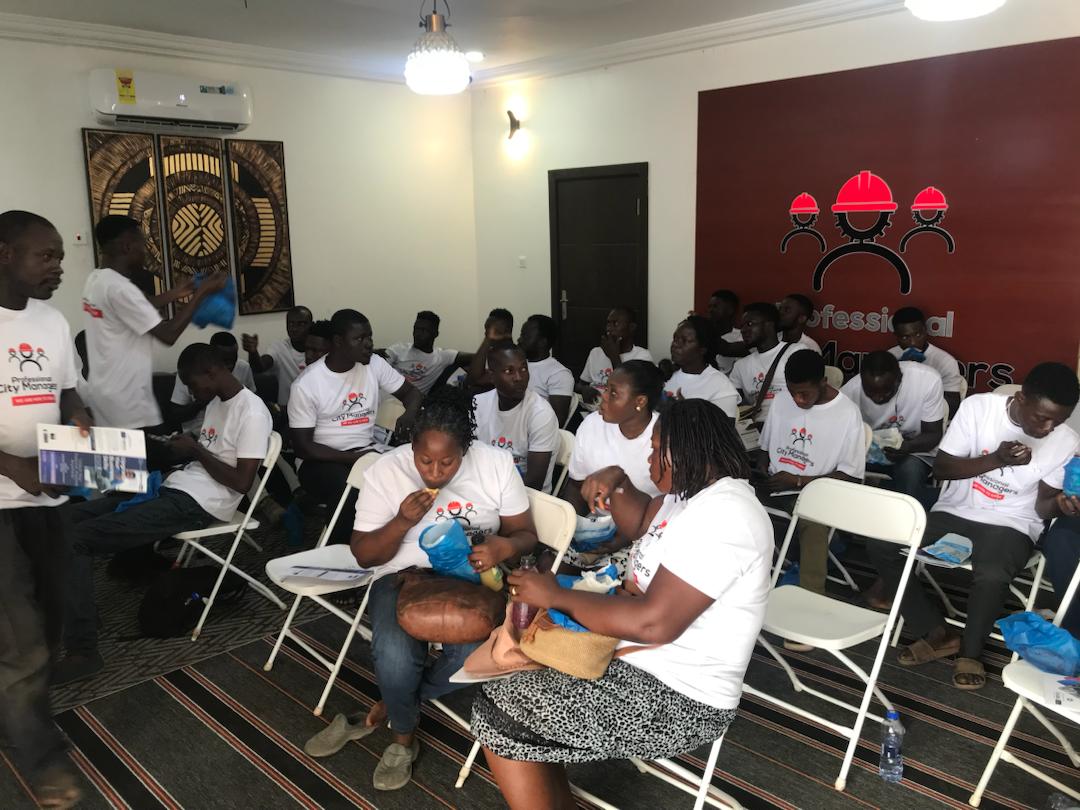
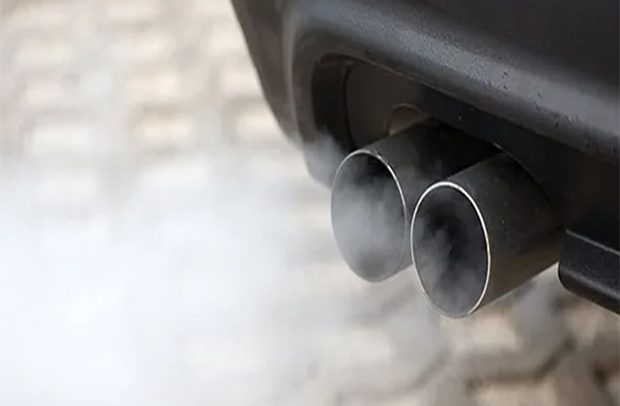
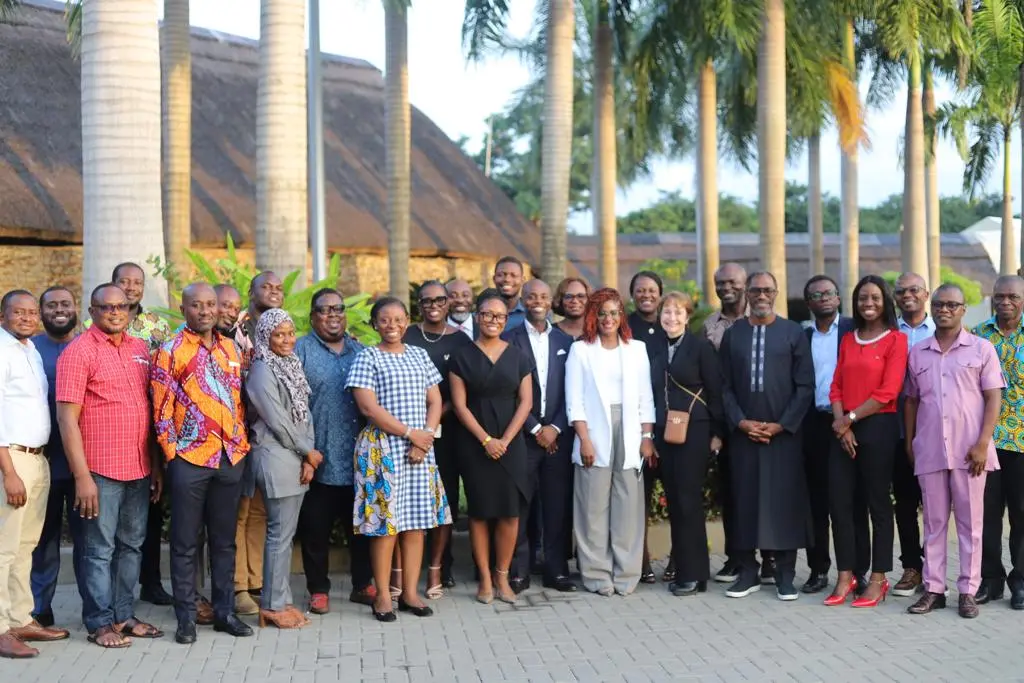
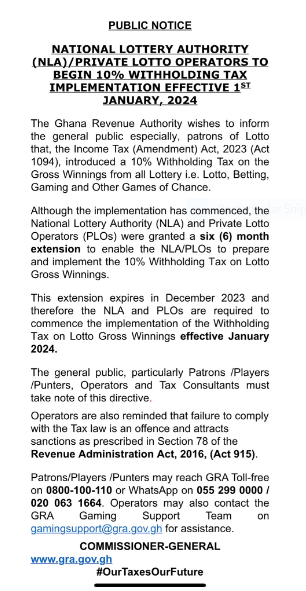
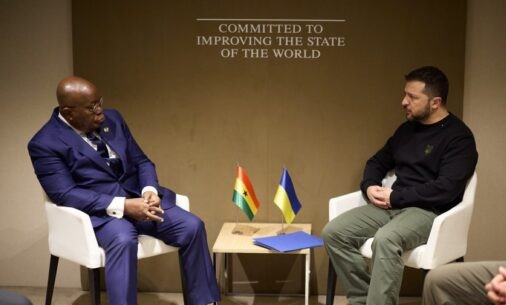
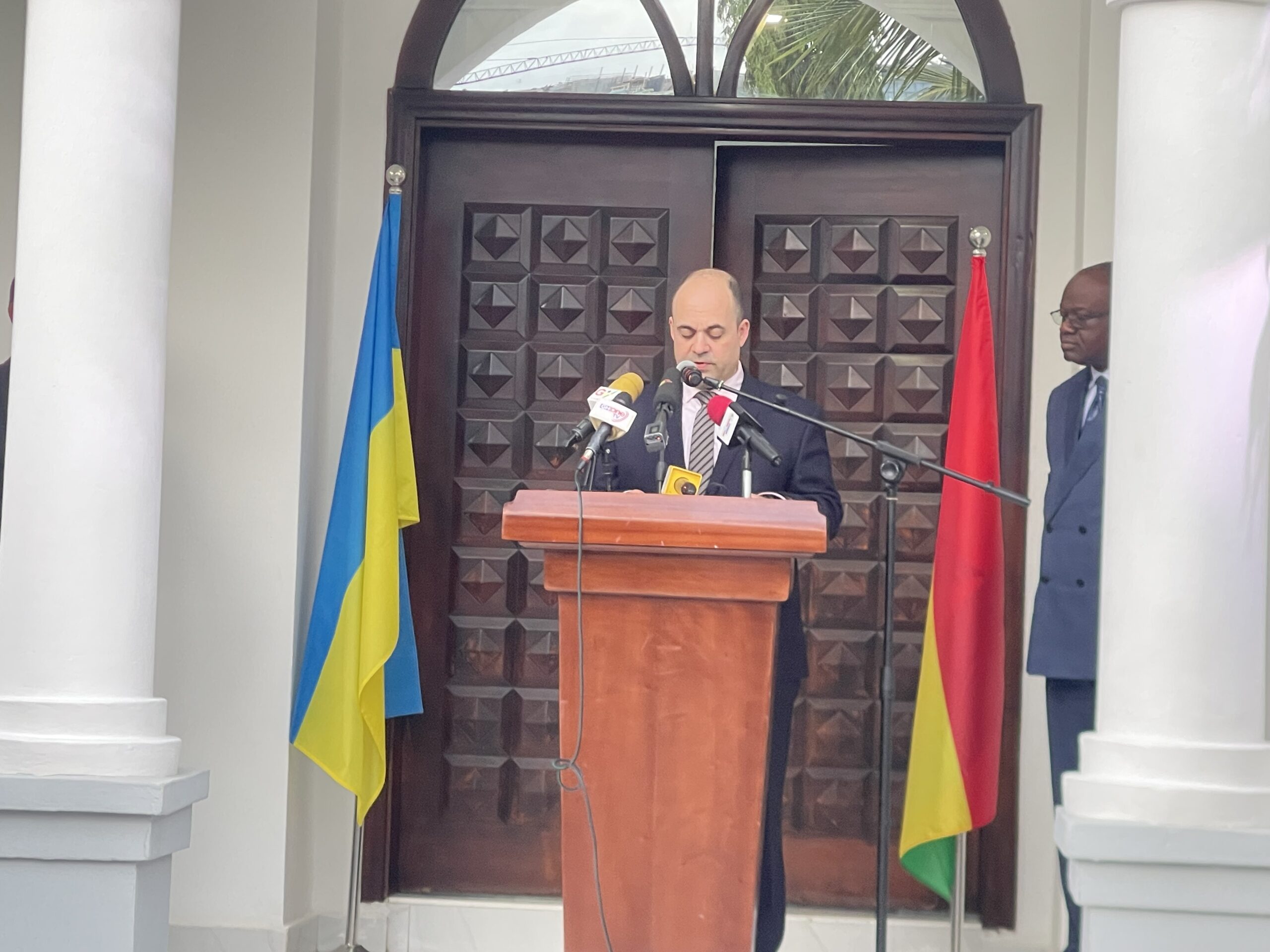

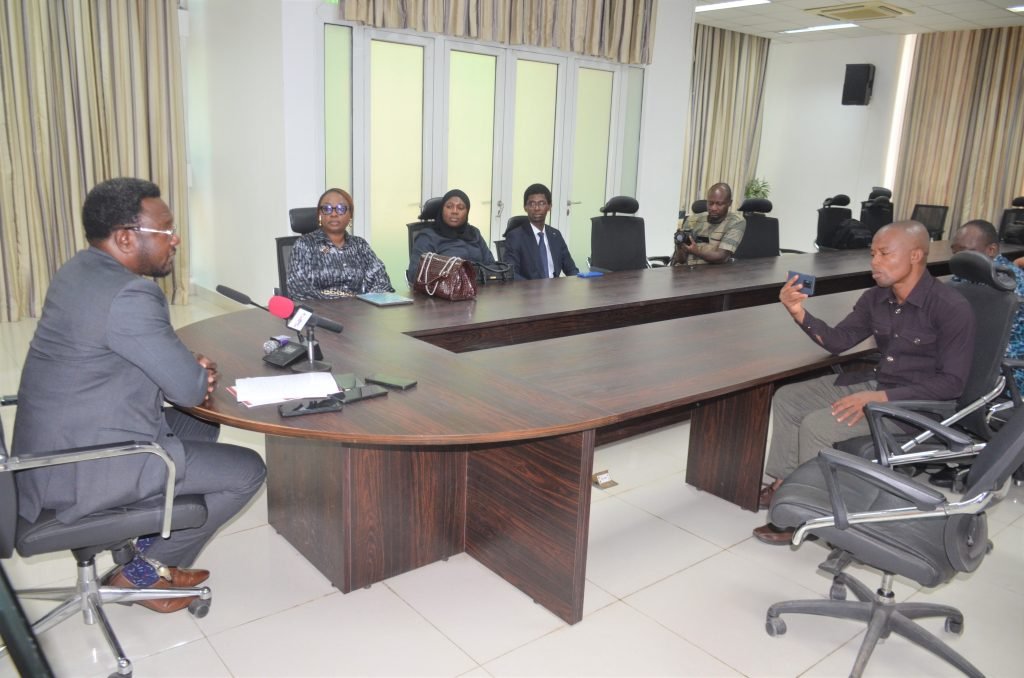








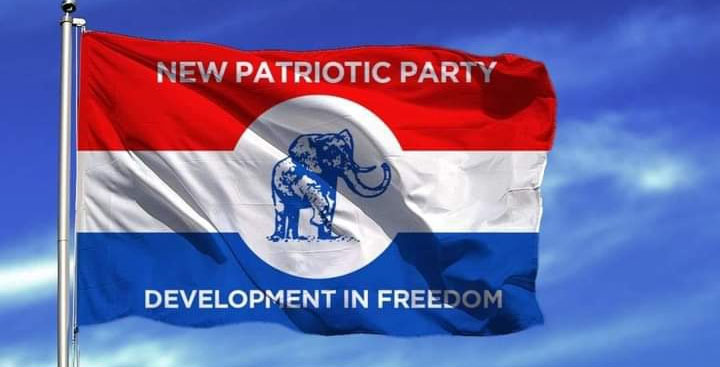




Facebook
Twitter
Pinterest
Instagram
Google+
YouTube
LinkedIn
RSS